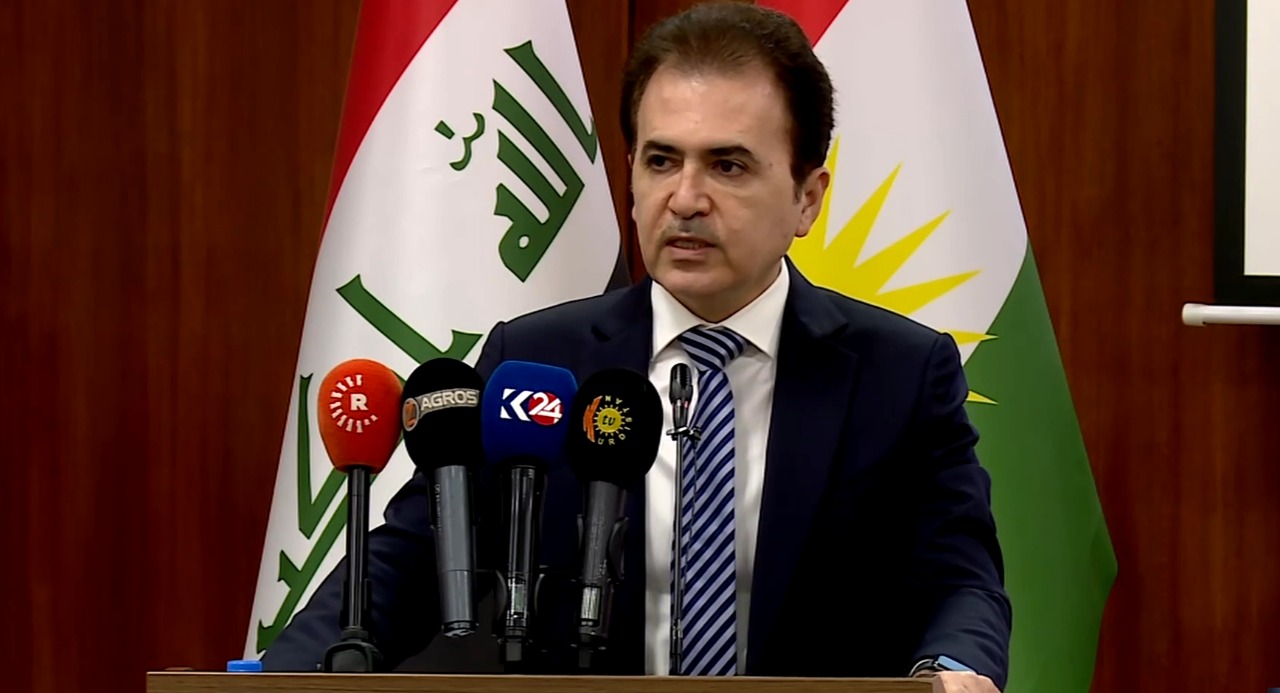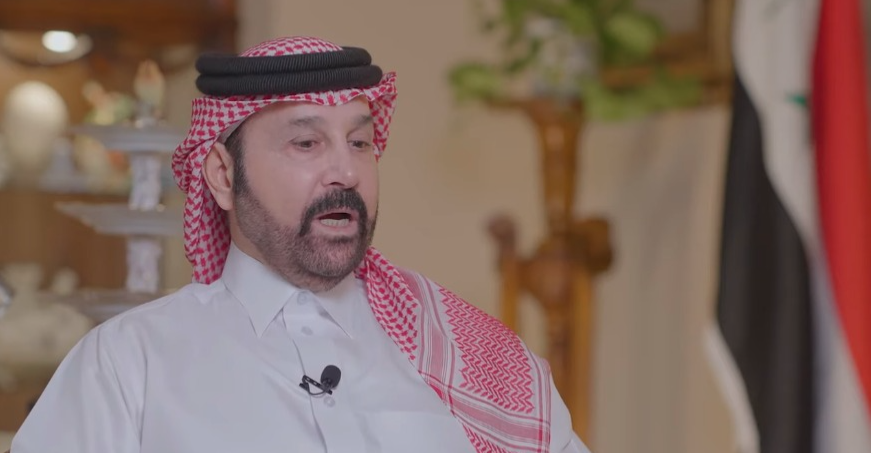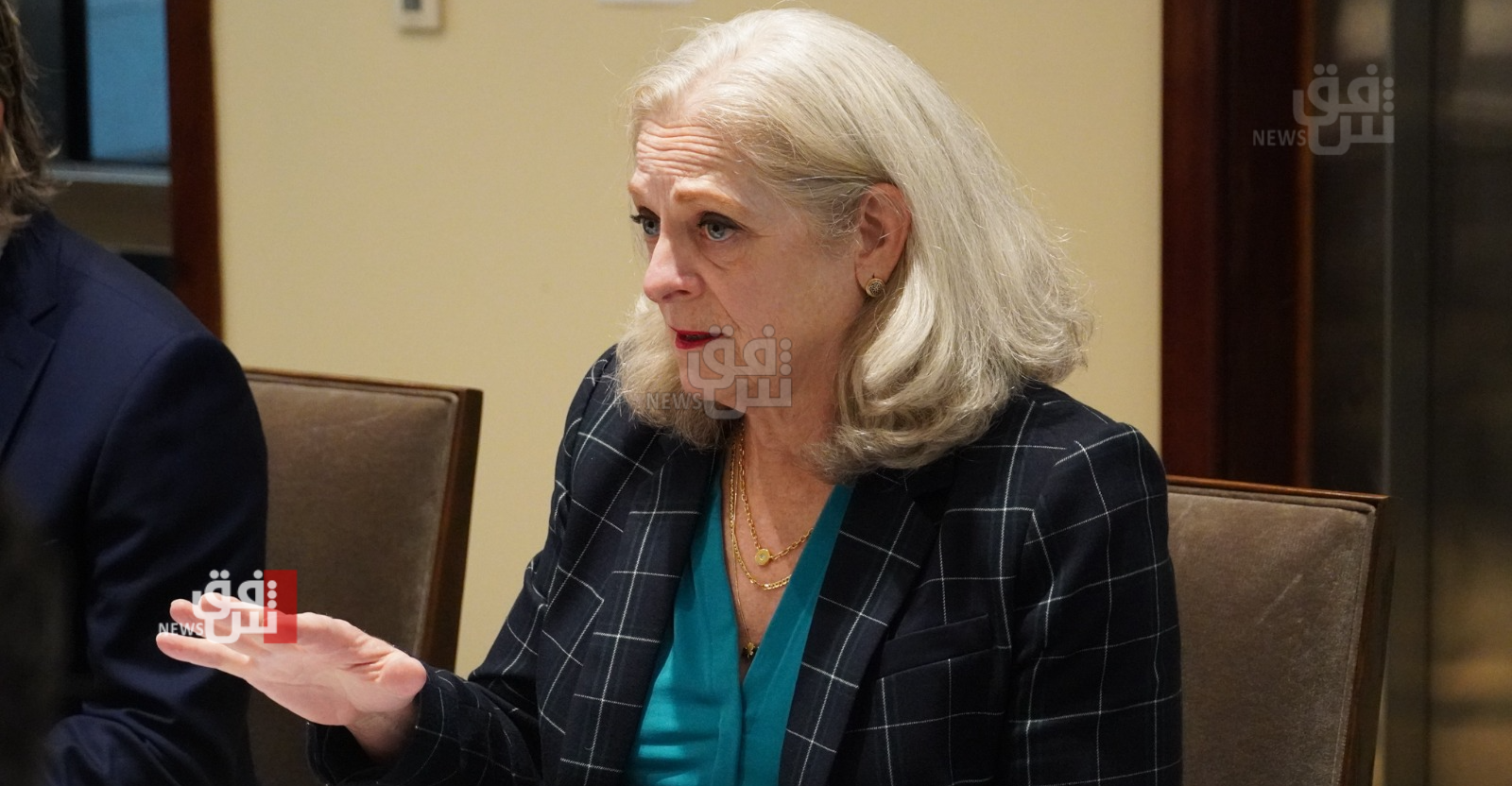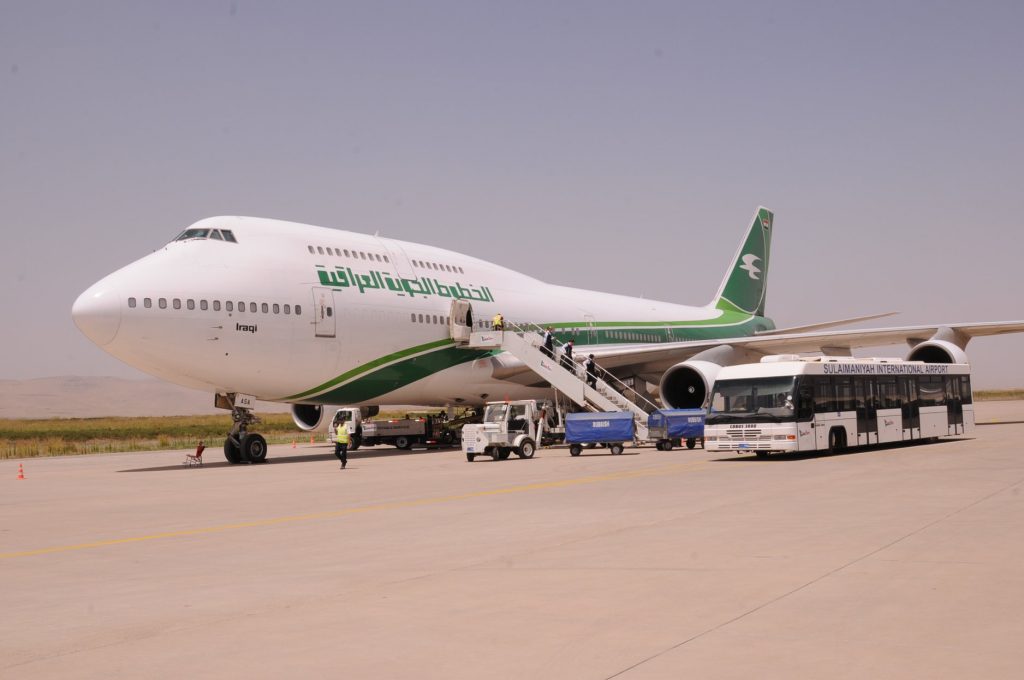Kurdistan's Endowment Minister Addresses Challenges of Public Sector Employment Amidst Oil Dispute with Baghdad

Shafaq News/ Kurdistan's Minister of Endowment and Religious Affairs, Pshtewan Sadiq, on Saturday said that the exorbitant number of employees working in the public sector is overburdening the regional government, especially following the cessation of crude oil supplies.
In a speech he delivered before a group of religious leaders in the autonomous Soran district, Sadiq said, "We have 12,000 employees in the Ministry of Endowment, yet the proportion of religious men to the number of employees is small."
He attributed the lack of religious appointments to the present financial situation in the Kurdistan region, assuring that "as soon as this situation improves, one of the regional government’s top priorities would be their appointment.”
Highlighting the economic pressure, the Minister indicated that the regional government needs $650 million monthly to pay employees’ salaries.
"The population of the Kurdistan region is less than 6 million people, and if we compare the number of employees to the population, there is no doubt that we have many more employees than many countries."
One of the main problems burdening the government, he pointed out, is the sheer number of employees.
"When oil was controlled by the regional government, salaries were 100% secured monthly, and not a single dollar was disbursed for projects from it,” Sadiq stated.
He elaborated, "The monthly oil revenues were $500 million, and we needed $650 million. The remaining amount was secured from the internal revenues of the provinces, with Erbil and Duhok contributing about 12%, and 81% secured from oil revenues."
Sadiq said that Sulaymaniyah did not contribute anything from its internal revenues to the monthly salaries.
Regarding the oil portfolio, Sadiq opined that the Iraqi government claims that the Kurdistan region does not know how to manage the oil file and its financial revenues. "Of course, all these are pretexts, and the goal is to impose centralization in Iraq," he noted, adding, "Unfortunately, the culture of federalism in Iraq has not been achieved in any way."




